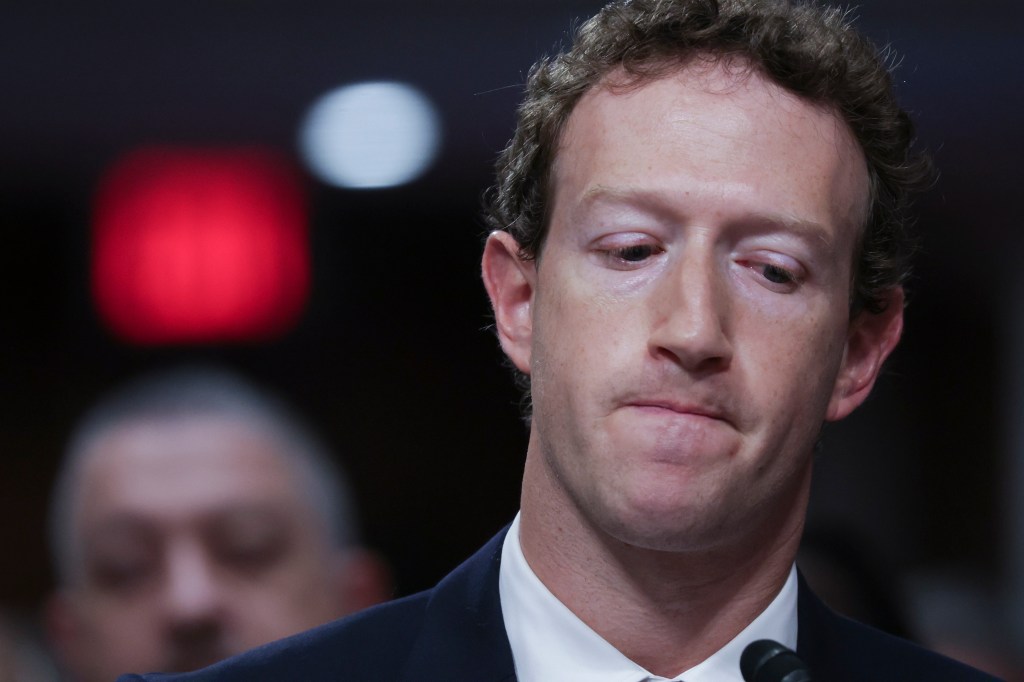In 2018, Meta CEO Mark Zuckerberg contemplated the possibility of spinning off Instagram as a separate entity. This consideration arose from concerns that Instagram’s rapid growth might be cannibalizing Facebook’s user engagement, potentially leading to a decline in Facebook’s dominance in the social media landscape.
This internal deliberation came to light during a high-profile antitrust trial where the U.S. Federal Trade Commission (FTC) is challenging Meta’s acquisitions of Instagram and WhatsApp. The FTC alleges that these acquisitions were strategic moves to stifle competition and maintain Meta’s monopoly in the social networking market.
In a May 2018 email addressed to top Meta executives, including then-COO Sheryl Sandberg and Chief Product Officer Chris Cox, Zuckerberg expressed his apprehensions about Instagram’s impact on Facebook. He noted that data indicated a significant decline in Facebook engagement among users who joined Instagram. Zuckerberg warned that if Instagram’s growth continued unchecked, it could lead to a network collapse of Facebook, the company’s more engaging and profitable platform.
To address this issue, Zuckerberg proposed several strategies. One approach was to create more integrations between Facebook and Instagram to unify them into a single network, thereby mitigating the risk of users migrating away from Facebook. Another, more drastic measure he considered was spinning off Instagram into a separate company. Zuckerberg acknowledged that while most companies resist breakups, historical data suggests that such separations can lead to better performance for the individual entities.
The FTC’s case against Meta hinges on demonstrating that the company has maintained its market dominance through anti-competitive practices, including the acquisition of potential rivals like Instagram. Internal communications, such as the 2018 email, are being used as evidence to support these claims. Zuckerberg’s acknowledgment of Instagram as a competitive threat, even after its acquisition, underscores the complexities of Meta’s strategies in navigating competition and regulatory scrutiny.
During the trial, Zuckerberg defended the acquisition of Instagram by highlighting its superior camera features compared to Facebook’s offerings at the time. He argued that acquiring Instagram was a strategic decision to enhance Meta’s product lineup rather than an attempt to eliminate competition. However, the FTC contends that such acquisitions have allowed Meta to monopolize the social networking space, reducing consumer choice and stifling innovation.
The trial also shed light on Meta’s internal discussions about the evolving social media landscape. Zuckerberg noted a shift in user behavior, with more content being generated by interest-based accounts rather than personal connections. This change challenges the notion of Meta’s monopoly, as platforms like TikTok and YouTube have gained significant traction by offering different social experiences.
In response to questions about advertising practices, Zuckerberg stated that Meta’s system is designed to show more ad content to users who prefer seeing ads. He mentioned that the company has even contemplated introducing a feed consisting entirely of ads, though such a feature has not been implemented.
The trial has also highlighted Meta’s response to emerging competitors. Zuckerberg admitted that the company was slow to recognize the threat posed by TikTok but now views it as the highest competitive threat to Instagram and Facebook. The FTC’s exclusion of TikTok and YouTube from its market assessments has been a point of contention, as their inclusion would significantly affect perceptions of Meta’s market dominance.
As the trial progresses, the outcome could have significant implications for Meta’s business structure and the broader tech industry. A ruling against Meta may lead to the forced divestiture of Instagram and WhatsApp, reshaping the competitive landscape of social media. Conversely, a ruling in favor of Meta could reinforce the company’s position and influence future regulatory approaches to tech mergers and acquisitions.



